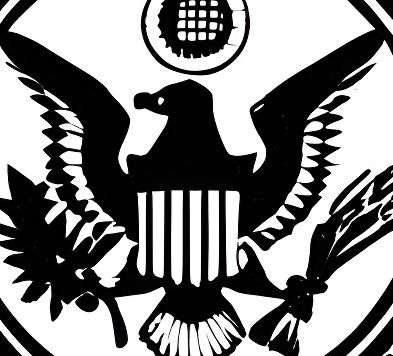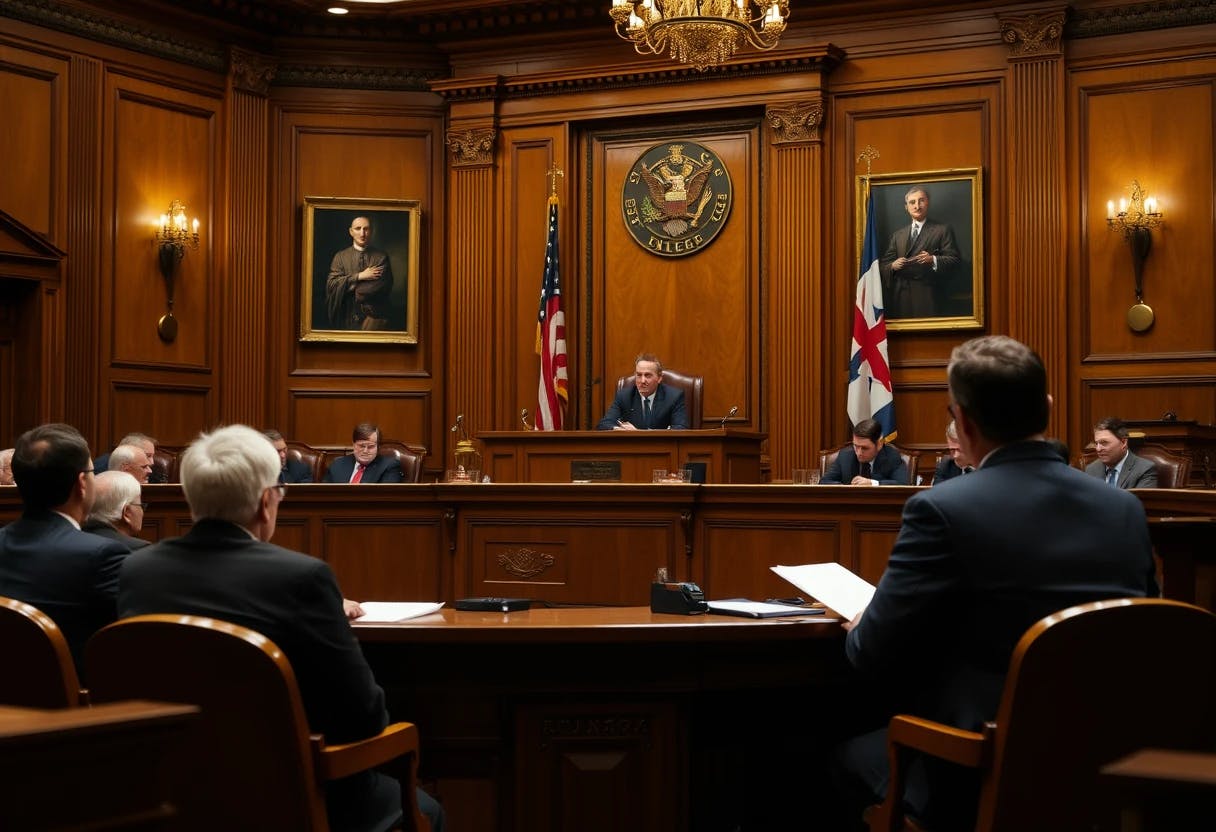Court Denies SEC's Request for $1 Billion in Disgorgement from Ripple
by
August 15th, 2024
Audio Presented by

A collection of public domain court case filings, by/against the US SEC, retrieved by HackerNoon
About Author
A collection of public domain court case filings, by/against the US SEC, retrieved by HackerNoon
